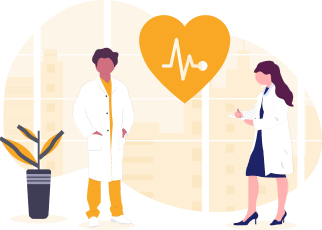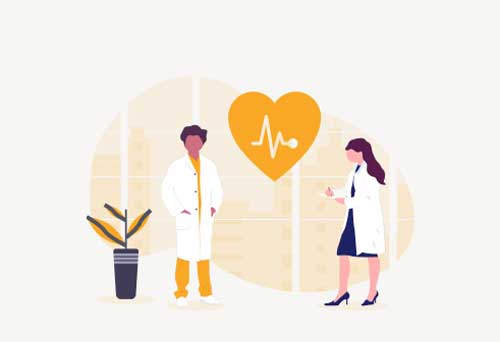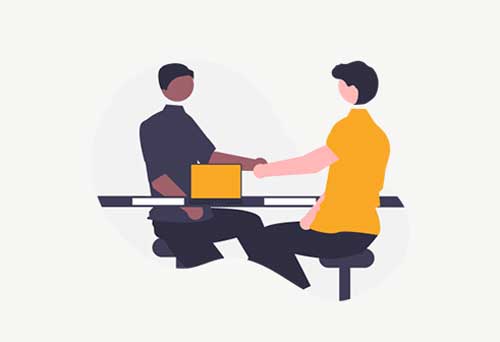Addictions We Treat
Cedar Recovery recognizes that opioid addiction rarely exists in isolation. Many individuals struggling with opioid dependence also experience co-occurring mental health conditions such as depression, anxiety, trauma, or bipolar disorder. These conditions can fuel the addiction, making it more difficult to overcome, while the addiction itself can worsen mental health symptoms, creating a complex and challenging cycle.
Our whole-person approach to healing acknowledges this interconnectedness. We believe that true recovery involves addressing both the addiction and the underlying mental health issues that may have contributed to its development or are being exacerbated by it. We strive to understand your unique story, your experiences, and your challenges, tailoring our treatment to meet your specific needs and goals.
Learn more about our approach to care from Cedar Recovery’s medical leadership team.
All the tools you need to feel better, get better, and stay better
Getting better requires care for the mind and the body
Medication Assisted Treatment (MAT)
Medication-Assisted Treatment combines the use of medications like Suboxone (buprenorphine) with behavioral therapies to overcome opioid use disorder.
Science is challenging the myth that will-power is all it takes to beat addiction. The reality is, once addicted, the biochemistry of the brain is permanently changed. Because of that, it’s not as simple as “choosing” to stop taking opioids or other addictive substances like heroin. We believe going ‘cold turkey’ is not realistic for most people and sustainable recovery is more likely to occur through Medication-Assisted Treatment.
Suboxone (buprenorphine) works by blocking the receptors in the brain that crave opioids, without activating these receptors to create a “high.” Blocking opioid receptors reduces or eliminates cravings for opioids. If drugs like heroin or prescription pain pills are used, the opioid receptors are blocked, so these drugs will not give off the “high” either.
Recovery Support
We’re here to help our patients navigate recovery. We meet with each patient to evaluate their needs and help them find resources for food, housing, employment, financial support, and more
Behavioral Therapy
Researchers suggest that combining medication and behavioral therapy is more effective in treating opioid use disorder than utilizing each modality as a standalone treatment approach. Cedar Recovery therapists are specialized in Medication-Assisted Treatment and provide a compassionate approach while working with individuals and families to learn tools of recovery.
We know that an individual’s path to recovery is unique and each person deserves to be heard and supported through the stories they tell. While working with our therapists, patients are joined to identify themes, build personal awareness, and learn new behaviors to combat addictive behaviors
Individualized Plans
Our treatment model is built on research and founded on our unrelenting passion for seeing individuals free from addiction. We can help you start your journey to recovery.
We take the time to care for the whole person and match patients with the correct services to meet both psychological and physical needs, increasing the chances of long-term recovery. Benefits of an individualized treatment plan include:
- Patients having an active role in their recovery process and creating their plan
- The tools and resources needed for recovery provided throughout the entirety of treatment
- Addressing the patient at the individual level, knowing that no two patients have the same needs
Your individualized care plan will serve as a guide through your recovery journey. The plan will combine both Medication-Assisted Treatment and behavioral therapy. Throughout treatment, you will be required to attend appointments to check in on your progress.


“This place is wonderful. The staff have helped me so much. I highly recommend this facility to help end opioid addiction with compassion and trust.”
Am I eligible?
Explore eligibility requirements below, please don’t hesitate to reach out to our offices with any questions.









